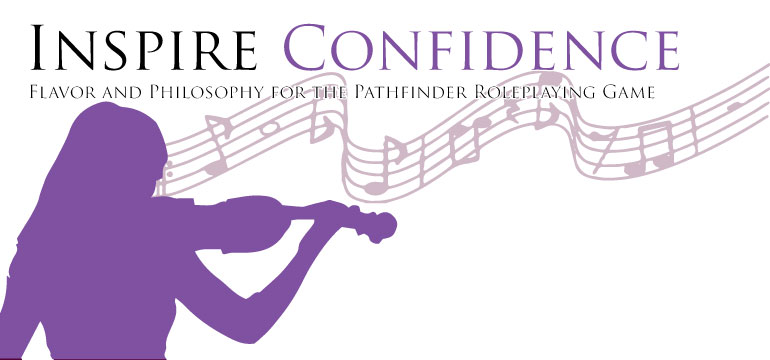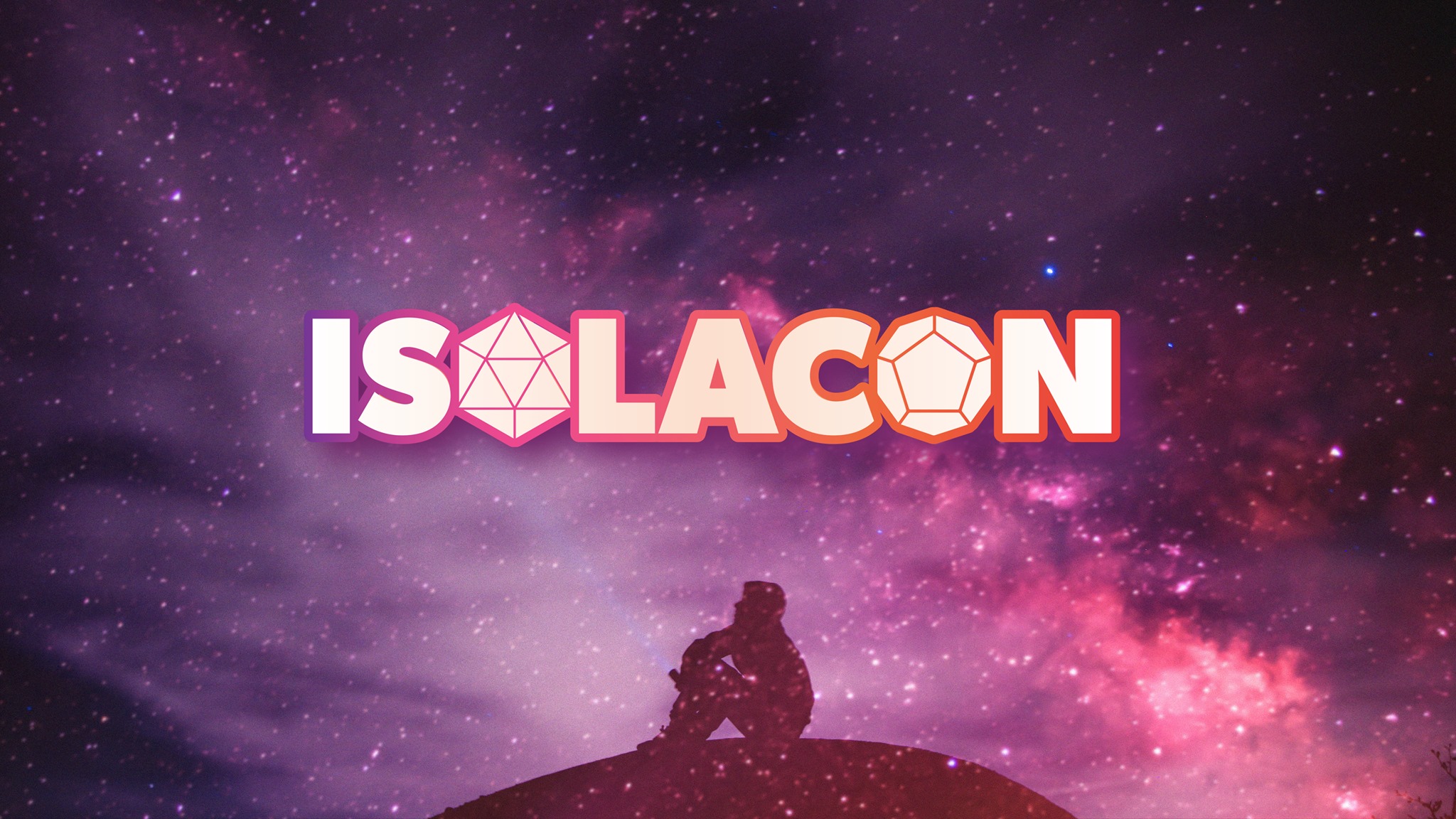This week’s blog was going to be about some thoughts on Starfinder, but then something horrible happened in Orlando, Florida. As of this writing, 49 people were murdered and 53 people are injured, presumably attempted murder. I had planned to speak to inclusion and diversity more directly in a later blog, once I established some more game specific posts, but this cannot go unaddressed.
Part of this week’s blog is a reprint of a blog I wrote in January 2014 about the importance of word usage and how words shape our perceptions and points of view. We live in a world filled with people who are not like us, but they are also not unlike us. As an educated biologist I know that my DNA is 99.5% similar to every other person’s DNA. As a nurse I know that through encountering hundreds of patients and their families that there are some very unusual situations, but that by in large people are people, regardless of how they look, the color of their skin, their level of ability, what divinity they worship, who they love, where they live or their economic status. People want to be loved and accepted, we want to protect those we love and we want to be treated in fair and equitable ways. It is imperative that we remember that diversity and inclusion are not bad words, nor are they “agendas” or bad practices. While I can only speak for myself, I have become enriched as a person by broadening my horizons and experiencing things outside of my comfort zone. It is my hope and goal to facilitate inclusion.
My original blog, with minor edits:
Earlier this week a meme went around with a quote from Dorothy Parker “Heterosexuality is not normal, it’s just common.” This quote produced some discussion and a lot of thought on my part. The quote by Ms. Parker makes this distinction quickly with the sharp contrast of two words that anyone might use interchangeably without considering the deeper implications. What is “normal” and “common”? Why should or should we not use them interchangeably? Please indulge me sharing a few definitions with you, my dear readers.
Normal: usual or ordinary; not strange. Conforming to a type, standard, or regular pattern.
Common: occurring or appearing frequently; not rare. Of or relating to a community at large.
On the surface these two words seem synonymous, however I challenge that they hold subtle differences that when used in society to describe specific individuals these words can cause a sense of isolation and exclusion. Normal imparts a qualitative distinction, where Common imparts a quantitative designation. When something is “normal” it is regular and in keeping with expectations. When something is “common” it is frequently encountered.
The differentiating factor becomes more clear when we make the words antonyms. Normal to Abnormal and Common to Uncommon. Abnormal is consistently used to qualify situations or organisms with negative traits, e.g. abnormal growth, abnormal results, or abnormal behavior. Uncommon enumerates a rarely occurring circumstance or sought after quantity, e.g. uncommon valor, uncommon skills, or Uncommonly Good.
As we use our vast language, we must be mindful of the nuances that we unintentionally place in our conversations. I regularly lack the precise word I wish to use and must make do with the first word that comes to mind, whether it is the one I wanted or not. While communicating, it is convenient to use the first word on the tip of our tongues and brains, and certainly not always with the intention to injure another. Yet, when one considers the message that is being subtly sent each and every time the word “normal” is used in conjunction with something that is in fact “common” we are telling others that not being a part of the majority makes them an unwanted quality, such as cancer.
Women and men are both common and normal. Heterosexuality is common and normal. Bisexuality and homosexuality are uncommon (or less common) and normal.
~Monica Marlowe, January 2014

Pathfinder: City of Secrets #6
Acceptance
It is okay to not agree with everyone you encounter, I know I don’t embrace everything I am presented with by others. The important take away here is that you can respectfully disagree with someone. I’d like to say that again.
You can respectfully disagree with someone.
This does not mean you have to never speak with that person again. You can even remain friends with people you disagree with. I am married to someone that I regularly disagree with, in fact I still love him and count him among my Top 3 favorite people (we have 2 children). Disagreeing with someone does not mean that you are enemies. Similarly, agreeing with or accepting someone does not mean that you participate in the things they participate in. It is possible to support someone’s beliefs or opinions without espousing them yourself. We do not have to engage in same sex relationships to support same sex relationships. We do not have to celebrate Christmas, Yom Kippur, Ramadan, Ridván, or any other religion’s holy days to be cognizant that other religions exist and (at least in the US) that the faithful of those religions have the freedom to celebrate their beliefs. It is possible and acceptable to say “I understand that you believe or feel that way. I do not feel the same way, but that does not make your beliefs or my beliefs bad, it just makes them different.”
We do great harm to one another when we demand others to confirm to our beliefs or suppress their uniqueness. We each bring something new and diverse to every place we enter. No one is just like you, even if they have had similar experiences. Opening our gaming tables to people who are not just like us brings new ways of thinking, exploring, and opportunities to learn to everyone involved.

Ultimate Intrigue, Entice Fey
People who feel like they belong to a group or organization have a sense of belonging that can lead to anger or violence, like street gangs or hate groups, or to proactive and helpful behaviors, like charities or work teams. We are products of many social inputs, including our social peers. Radicalization happens when a person does not feel included or welcomed in their community. I am not suggesting that role playing games are going to be the solution to ending acts of terror, but I am going to say that reaching out to people in need may help those people and may be the difference they need, we will never know.
Consider the impact you and your gaming group have on the people you encounter at PFS events, gaming club, or the local gaming store where you might play. You, we offer an opportunity to someone who may be feeling outcast, unwanted, or unaccepted to feel like they belong, that they are a member of something positive. Sure, we sit around a table, rolling dice and pretending to be dwarves, elves, magic users, or great sword wielders, but is it really that hard to wrap our heads around the fact that the new player is a real, feeling, thinking person who deserves to be treated like a human being? Welcoming that person to your table can lead to greater things for everyone involved.






I am acutely aware of word choice, as I agree that it can subtly have huge and unintended impact on conversations. I don’t care if I come off as being intentionally PC and if using the most sensitive language takes some grammatical acrobatics. On the other hand, I pick my battles when it comes to word policing. Just like the wrong term can insult people who relate to that term, over correcting can make you a gate keeper to political correctness, alienating those who are not experienced in that area.
My go-to example is I refer to my time teaching special needs, I don’t say I taught Autistic students. I say I taught students with Autism. Within the special needs community, it’s important not to put the diagnosis before the individual. They were my students first. When discussing special needs, that is how I will phrase it. I will not correct someone who phrases it differently. I can enlighten someone who has little experience with special needs far more with my experience, insight, and education than I could with semantics.
“Normal” is not semantics. It’s usually used innocently, so I won’t judge anyone for treating it as an antonym for “having special needs”, but I will correct them. I’ll encourage them to use the preferred term (in this case, neurotypical), and be a bit more insistent that they think of “normal” as sounding judgmental, and “typical” (or, after reading this article, “common”) as the more considerate word to choose.